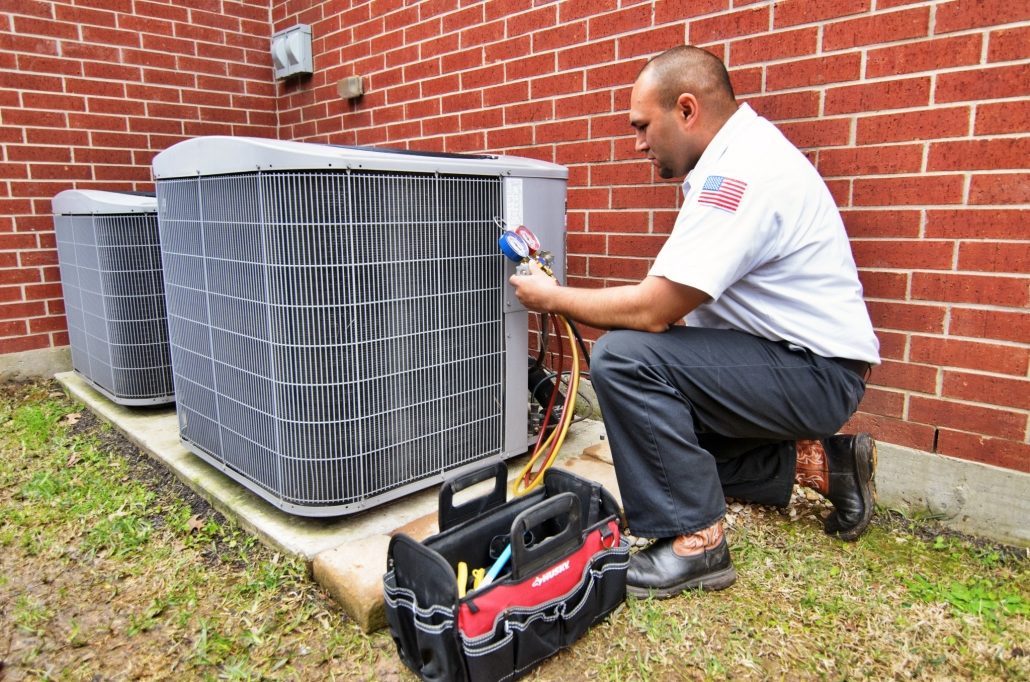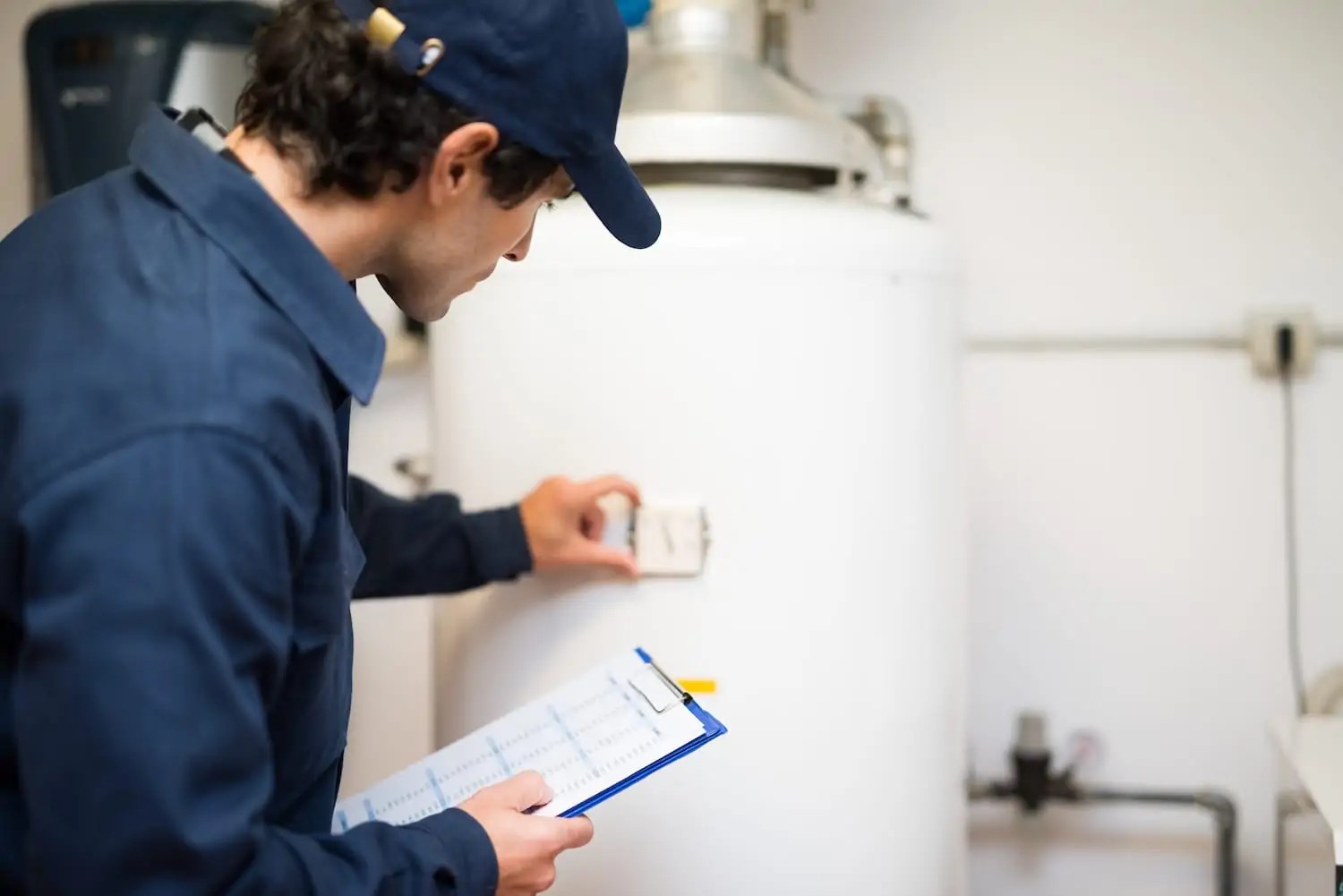10 HVAC Terms That Everyone Should Know
Do you want to know HVAC best practices? If you own a home, you should keep reading.
Everyone knows the grueling summers when your air cuts out, or the terrible winters when the heater isn’t working.
To avoid this, being better educated in HVAC (heating, ventilation and air conditioning) could be the difference between comfort and feeling miserable.
Whether you want to repair your units DIY-fashioned or you want to have better knowledge on the topic, these 10 HVAC terms will help you understand your heating, air conditioning, and ventilation compartments.
10. Air Conditioner Filter
An air conditioner filter provides clean air by keeping dust out of your home.
Out of the HVAC terms, this one is important because it’s necessary to change your air conditioner (A/C) filter. Most people call an A/C or HVAC repair technician; however, you can easily replace your A/C filter yourself.
Along with changing the filter, it’s also important to clean your A/C unit. All of the dirt and debris collected by the filter can clog your A/C unit, so it’s important to regularly clean the unit as a whole.
9. Dehumidifier
This is one of the most important HVAC terms. A dehumidifier pulls water from the air. If you live in a humid area, a dehumidifier will give you clean air.
A dehumidifier works by cooling the air and pulling the humidity in, turning it into a liquid (water). From there, the dehumidifier captures the excess water.
Humidity clogs the air and makes you sweaty and sticky. Too much humidity also causes a strong, musty scent. Water stain marks are also common with humidity.
While these factors are inconvenient, too much humidity can lead to health problems. Moisture increases, causing mold to build up.
Having a dehumidifier is necessary for your safety and the well-being of your home.
8. SEER
One of the most important HVAC terms stands for Seasonal Energy Efficient Ratio. This ratio measures the effectiveness of your A/C unit compared to the electricity needed for temperature change.
When utilizing SEER, you need to check its rating. Most air conditioning units have a minimum SEER rating of 13 or 14 (can go lower, depending on where you live) and a maximum of 25.
Knowing the best SEER ratio is difficult to figure out; it depends on where you live, how much you use your A/C, and how much you’re willing to pay.
7. Air Flow
This HVAC term stands for the amount of air that flows through your A/C unit.
When there are issues with your A/C unit, they’re usually referred to as ‘air flow problems’. The reason why is because you first notice problems with your air flow before anything else with the A/C unit.
Examples include hot and cold spots, pressure changes, no air, and warm air. When any of these issues occur, you will know there’s something wrong with your A/C.
6. Air Changes By Hour
This HVAC term is an equation defines the hourly ventilation rate divided by the volume of air in a room.
A simpler way to say it is a number of times air enters and exits the room.
‘Air changes by the hour’ is also known as ‘air exchange rate’.
It’s important to know this information so you can know if your air flow is in range. If it’s not, then something could be wrong with your A/C unit.
5. Variable Air Volume (VAV)
This term defines the consistency of air, if it pulls a flat amount of air or if it pulls in the air based on temperature requirements.
This unit is more efficient because it lowers electrical demand when it’s not cooling or heating.
VAV boxes are usually installed in offices or other large buildings where the A/C needs to work in a large area.
The VAV box is controlled by maintenance or another professional but can be controlled by anyone who knows the temperature limitations.
4. Heating Seasonal Performance Factor (HSPF)
This term describes the efficiency of heat pumps. It’s used in reference to heaters, but can also be applied to A/C units.
Simply put, the higher the HSPF number, the greater the efficiency. When your HSPF number is higher, you’re saving money.
The HSPF number comes from the average amount of time your heater is used. Most only use their heater during the cold parts of the year and your HSPF takes this into consideration.
3. Hybrid Heat
This system responds to the environment of the home by automatically cooling or heating your home.
This system is a cost-effective and energy-saving system. Because of these factors, hybrid heating system are very popular.
The difference between a hybrid heating system and a traditional split A/C and heating unit is the absence of an air handler. A hybrid heating unit has a gas furnace that replaces the air handler.
A gas furnace uses gas or propane to heat instead of electricity, saving homeowners a lot of money.
2. Variable Speed
This is the speed of a furnace’s blower motor. This will control the flow of heated and cool air around a house. This aspect comes with many benefits, including air quality and being able to customize the temperature.
This term also refers to the motor inside of an air handler.
1. Enthalpy
This term means the amount of heat in the air based on the amount of dry air and water vapor.
Enthalpy determines if air should be pulled in from outside and if that would determine additional costs for the homeowner.
You Don’t Have To Be A Pro To Know HVAC Terms
No matter where you live, every homeowner requires air conditioning, heating, and ventilation. Your health and safety depend on HVAC.
A great way to cut down on home expenses is to become knowledgeable on HVAC best practices. Knowing these HVAC terms is a great start in becoming prepared for any of Mother Nature’s grueling seasons.
Areas such as Indianapolis can feel the effects of the heat and the cold. If DIY maintenance isn’t cutting it for you, it may be time to contact a professional.
Request Service

Why Choose Masters Heating & Cooling?
Northeast Indiana's HVAC & Plumbing Experts
- Licensed, insured & NATE-certified technicians
- Carrier Customer Specialist with experience servicing all brands
- Free estimates on replacement quotes
- Upfront pricing & financing options
- Background-checked technicians
- Military, veteran & senior discounts
- Serving Fort Wayne, Decatur, Greenwood & Indianapolis



